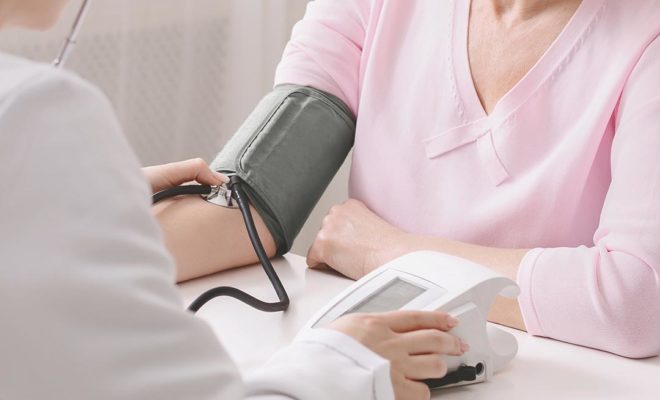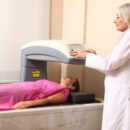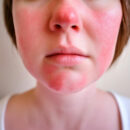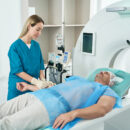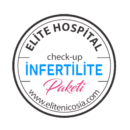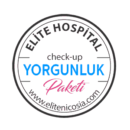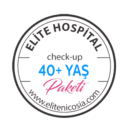Chest Pain Complaint
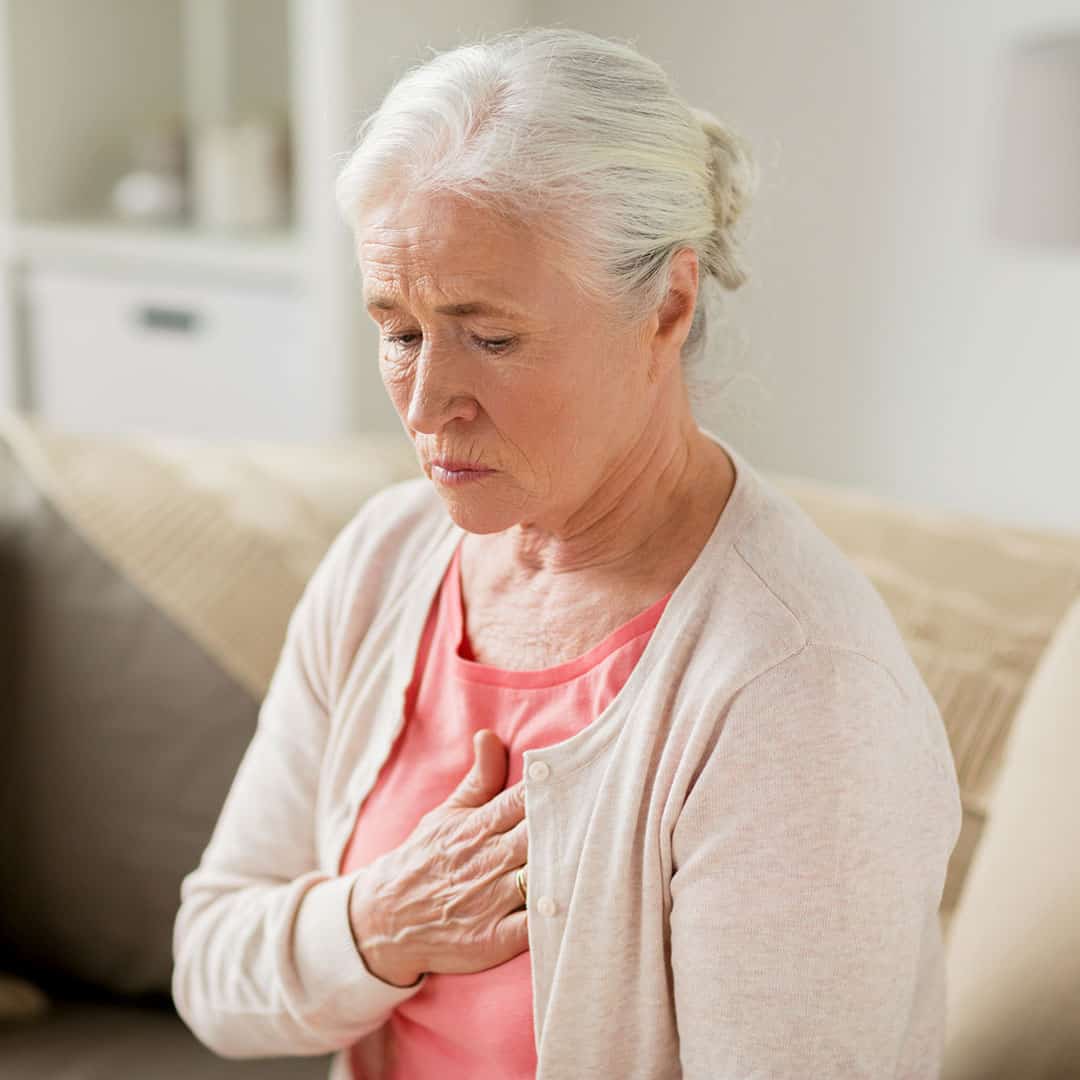
Chest Pain Complaint
Chest pain is a common condition that usually does not pose a life-threatening risk. However, since chest pain can also be a sign of a heart attack, the first thing to rule out in the presence of chest pain is cardiac causes, that is, heart-related conditions, which are important life-threatening causes.
The patient usually describes this situation as pain, tightness, pressure, feeling of heaviness and burning in the chest. This pain can also spread to the arm, neck, jaw, shoulder or back area. Shortness of breath, cold sweats, dizziness, nausea and fatigue are other symptoms that may accompany this pain.
The cause of chest pain may depend on different organs and organ systems. In other words, not every chest pain may be related to the heart. While it may be heart-related, chest pain originating from the lungs and the gastrointestinal system is also frequently observed.
Causes of cardiac (heart-related) chest pain; Coronary Artery Diseases may include heart attack, infectious conditions such as myocarditis and pericarditis, hypertrophic cardiomyopathy, Mitral Valve Prolapse and Coronary Artery Dissection. Since each case presents specific findings, the patient's complaints are decisive in making the diagnosis.
Chest pain caused by lungs; It may cause Pleurisy, Pneumonia, Pulmonary Embolism, Pneumothorax, Pulmonary Hypertension. In order to understand these, the patient's clinical findings should be examined and an examination should be performed.
Chest pain of gastrointestinal origin; It is caused by Gastroesophageal Reflux, Peptic Ulcer and Pancreatitis. Apart from this, chest pain may occur due to muscle, bone, nerve origin or anxiety and panic attacks.
Let's focus on the case of angina, which is chest pain caused by the heart. 'Angina' is a type of chest pain and is a condition that usually occurs as a result of ischemia in the heart muscle (reduced blood and oxygen flow to the heart) or narrowing (atherosclerosis) or spasm in the arteries of the heart due to cholesterol deposits. Atherosclerosis is the most common cause of angina. Atherosclerosis is a phenomenon related to excessive cholesterol deposits that accumulate in the body over time and create blockage in the vessels. In the future, these cholesterol deposits can grow, break off, move through the veins and completely block them, which can cause a heart attack. The image below will help to explain this situation:
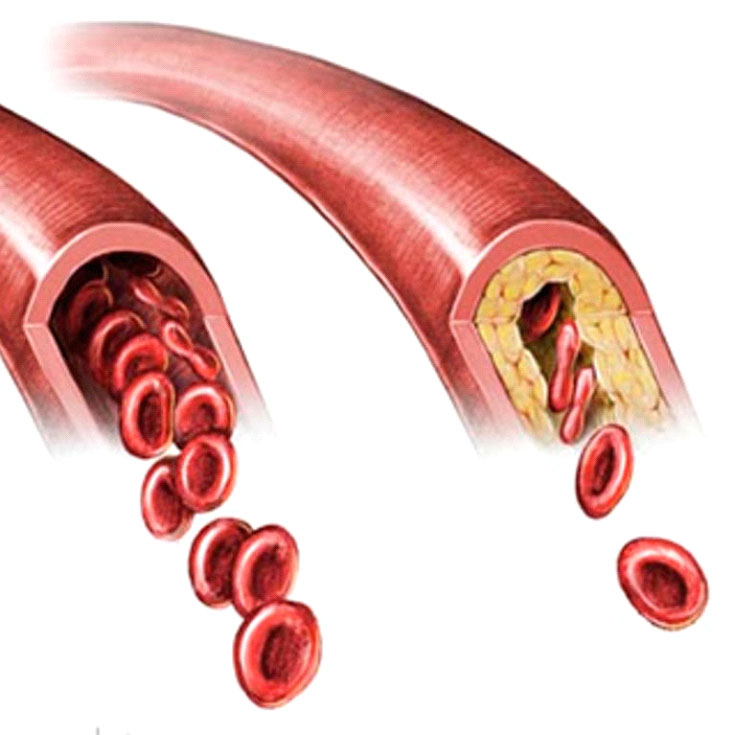
Angina can be examined in three categories:
– Stable Angina (Stable angina): It is the type of pain that is generally observed in people who are comfortable at rest, during exercise and physical activity, or during stressful periods. This condition is mostly due to cholesterol deposits in the arteries of the heart, known as 'atherosclerosis', causing narrowing of the vessels. Since cholesterol deposits in the vessels make blood flow difficult, when the heart rhythm increases and the demand for oxygen increases, this demand becomes difficult to meet and the person may complain such as chest pain, shortness of breath and sweating. Stable angina is usually short-lived and relieved with rest or taking nitroglycerin. It should be known that this type of angina progresses to unstable angina type.
– Unstable Angina (Unstable angina): Stable angina is usually a predictable chest pain because it is triggered by physical activity and stress. It is not easy to predict when unstable angina will be felt. The reason for this is that cholesterol deposits in the vessels narrow the vessels so much that the necessary blood flow and oxygen cannot be delivered to the heart even at rest. This type of angina is felt for a longer period of time and is not relieved by rest or taking nitroglycerin. This type of angina is a very urgent condition and should be evaluated without delay, as it can turn into an acute coronary syndrome phenomenon, including a heart attack.
– Prinzmetal Angina (Variable angina): This type of chest pain is extremely rare. The reason is spasm in the arteries of the heart. It is usually observed while at rest and its incidence is higher at night. It usually responds immediately to nitroglycerin and the patient feels relieved.
In case of sudden onset of chest pain, the nearest health institution should be consulted without delay.
Tests and Examinations
Generally, the purpose of the first stage tests is to determine whether there is a life-threatening situation and to provide emergency intervention when necessary. Since heart attack is the first problem that comes to mind, the order of tests and examinations is usually as follows:
– ECG: Electrocardiogram is a test that shows the electrical activity of the heart. In cases of heart attack, certain irregularities often occur on the ECG. It is very important to take an ECG immediately and determine the situation.
-Laboratory tests to measure heart-related markers. In the first stage, protein measurement known as troponin is requested. Considering that a second crisis is experienced, it is also useful to check the CK-MB level. If heart failure is suspected, BNP or NT-ProBNP measurement will also be very informative.
These tests are measured at regular intervals and an upward trend is observed. If all of these tests are negative, it will greatly reduce the likelihood of a life-threatening cardiac-related condition. In this case, stable angina, anemia, metabolic irregularities and non-cardiac problems may come to the fore. In this case, the following tests and examinations may also be requested:
– Metabolic panel including kidney, liver functions, blood sugar and electrolytes.
– Detection of the possibility of anemia or infection by complete blood count.
If a positive finding is found in the above tests and examinations and an acute heart problem is suspected, immediate intervention will be necessary.
So what should you do to protect your heart?
Healthy eating and exercise are always important heart protective factors. Unfortunately, most of the time, due to the hustle and bustle of life, we may not be able to eat healthy and get enough exercise. As important as doing these is, it is also very important to know our body and detect any problems early. For this reason, periodically measuring your blood pressure, checking your blood values and checking your cholesterol risks are life-saving.
Dr. Asiye Biryılmaz
Elite Hospital Emergency Service
Contact Us For Appointment:
Telephone line: 0392 444 3548 (ELIT)
Contact Form: https://www.elitenicosia.com/iletisim/




